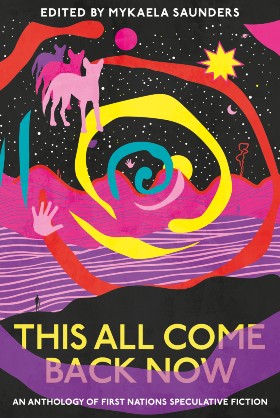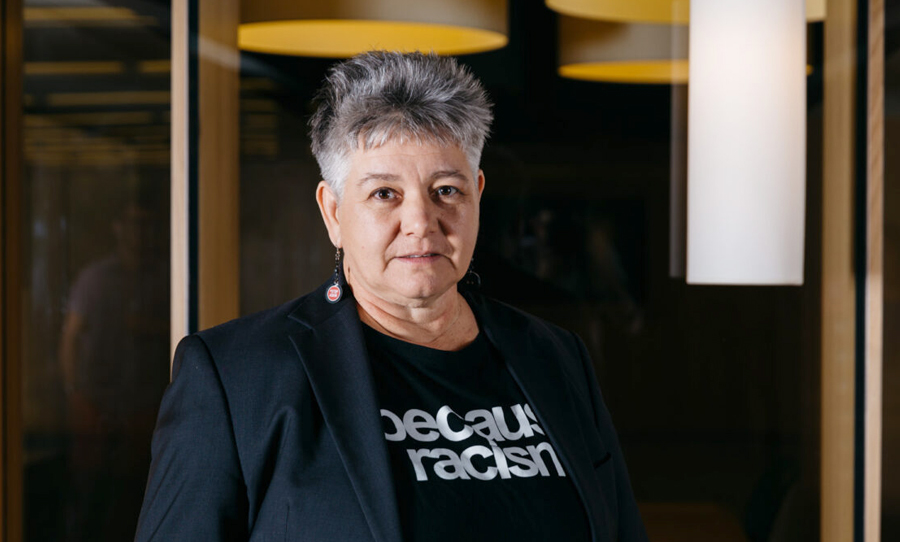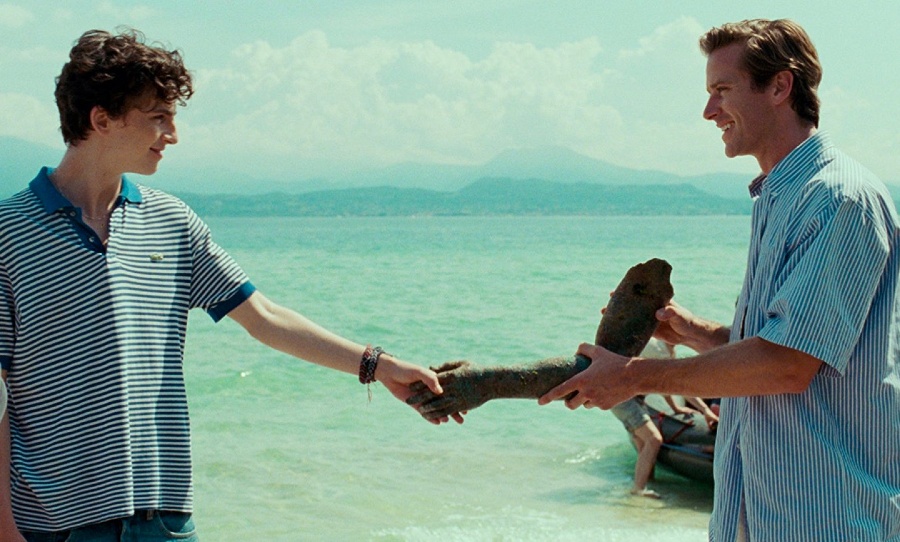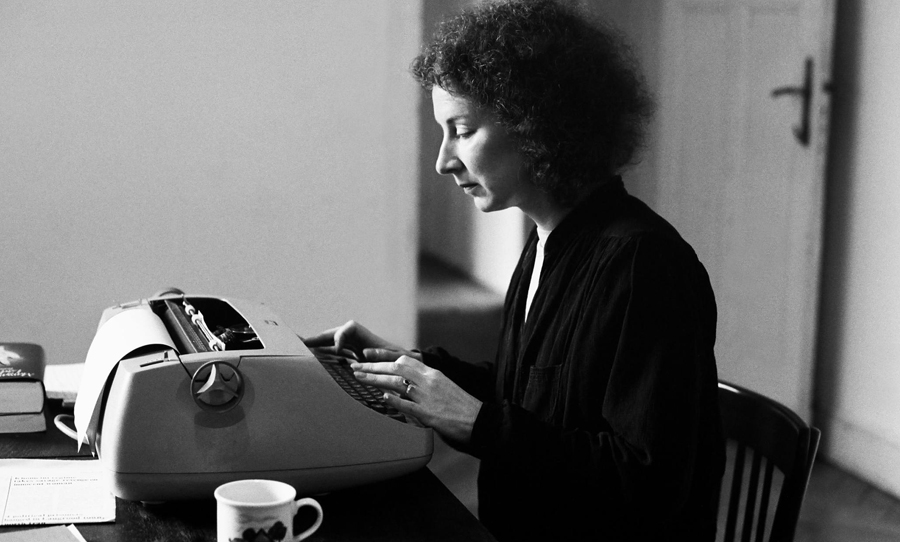Today, we’re celebrating the immeasurable contributions of Indigenous Australian authors to the landscape of Australian literature.
As the traditional custodians of the land, Indigenous Australians’ storytelling has played one of the most important roles in the preservation of their culture, and by proxy, Australian history.
Books by Australian authors have set the bar pretty high when it comes to depth and exploring the modern-day, in books like Talking To My Country and My Tidda My Sister. Below, we’ve collected a list of some of the best literary works that delve into the rich complexities and cultures of First Nations’ history, spanning works of fiction, non-fiction, and poetry.
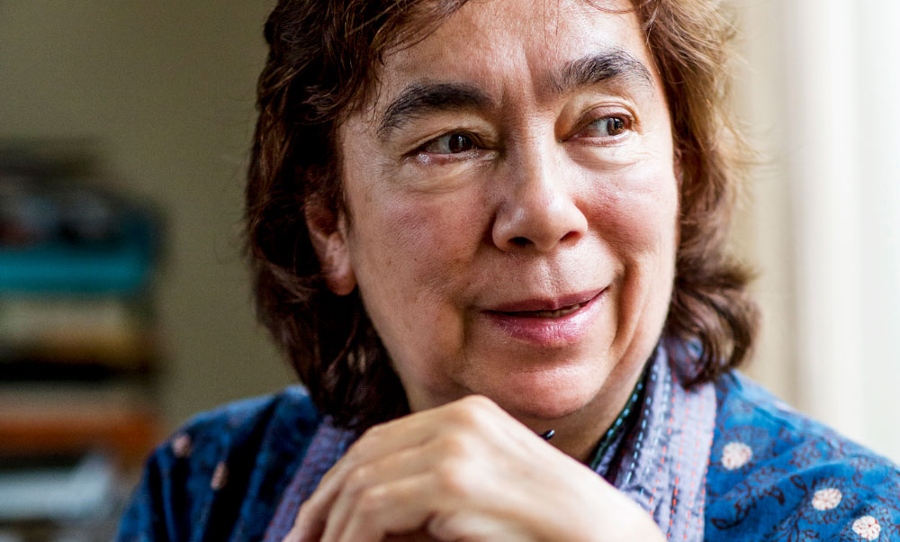
Butterfly Song – Terri Janke (2005)
Set in 1992, the year of the High Court’s decision on Indigenous land rights in Australia, Butterfly Song follows the story of Tarena Palson, a newly-graduated Torres Strait Islander lawyer, who is thrust into her first case — her family’s claim to ownership of an exquisite and valuable object, that has been put up for sale as part of the deceased estate of a white doctor.
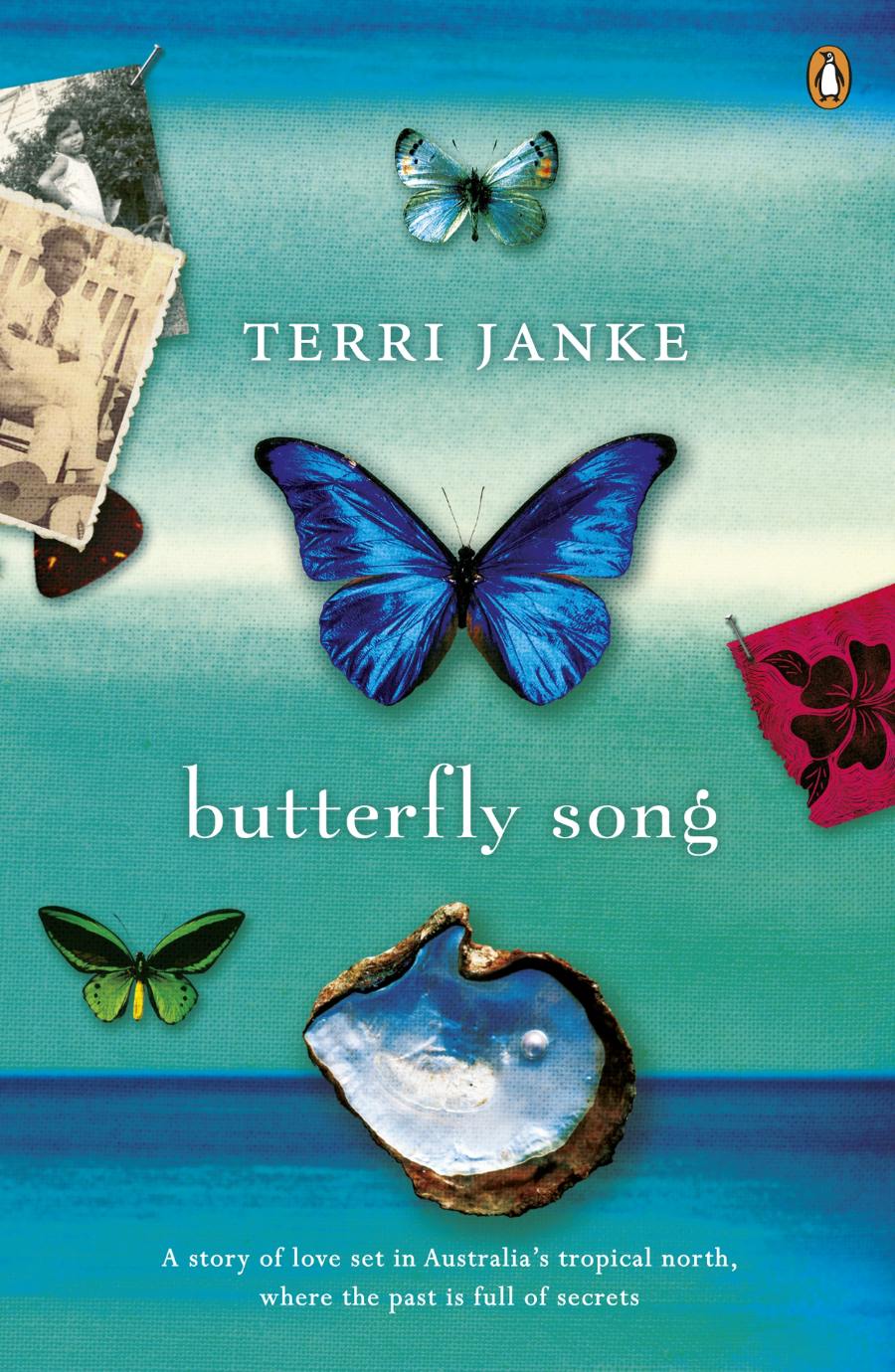
Carpentaria – Alexis Wright (2006)
Winner of the 2007 Miles Franklin Award, Carpentaria tells the interwoven stories of three inhabitants of the fictional town of Desperance, situated on the Gulf of Carpentaria in northwest Queensland, where the Aboriginal people of the Pricklebush are engaged in conflicts with the various members of the residing community.
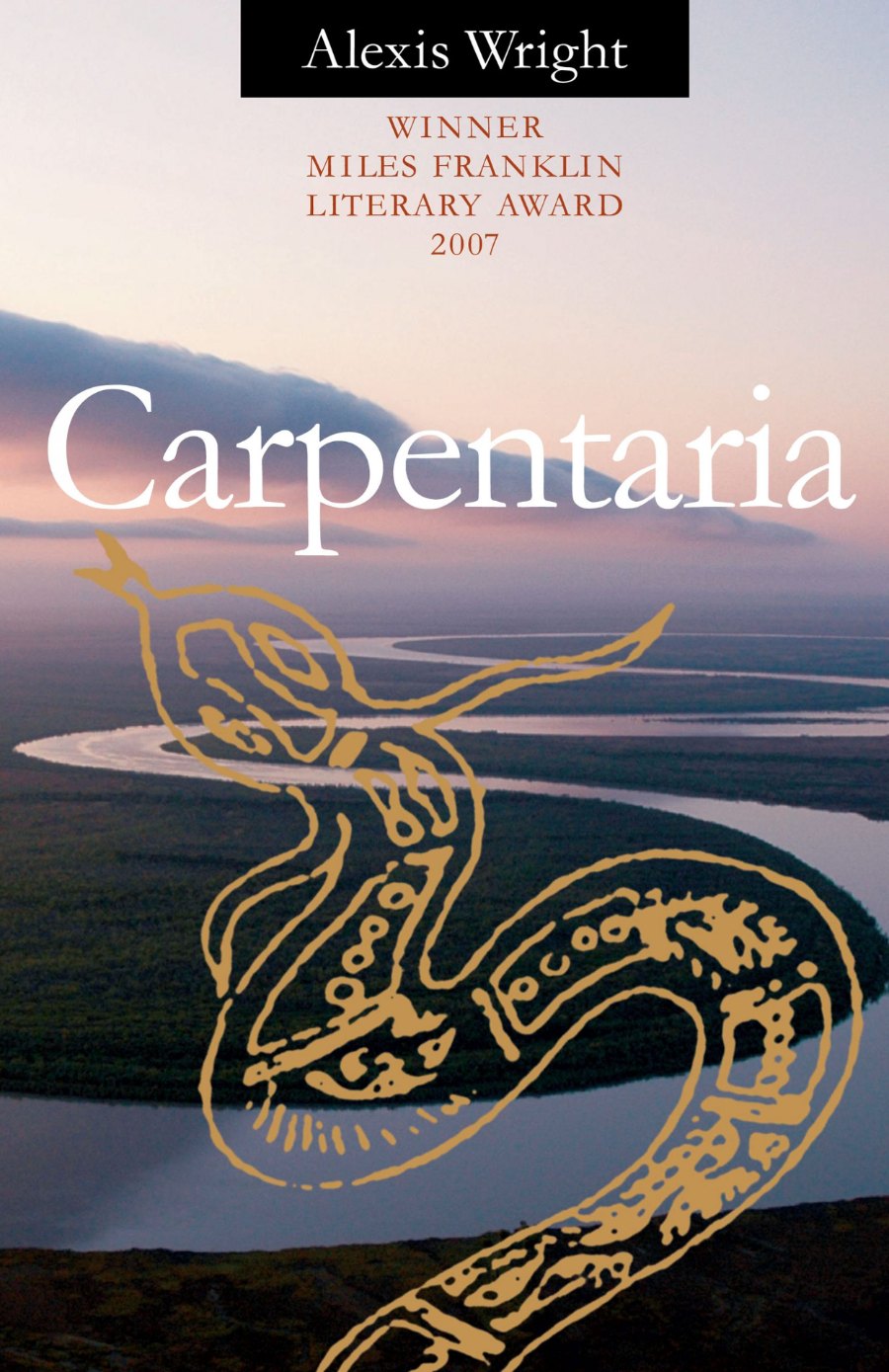
Too Much Lip – Melissa Lucashenko (2018)
Too Much Lip details the life of Kerry Salter as she returns hometown in Bundjalung country, where old family troubles unravel as the Salters fight to stop the development occurring on their beloved river.
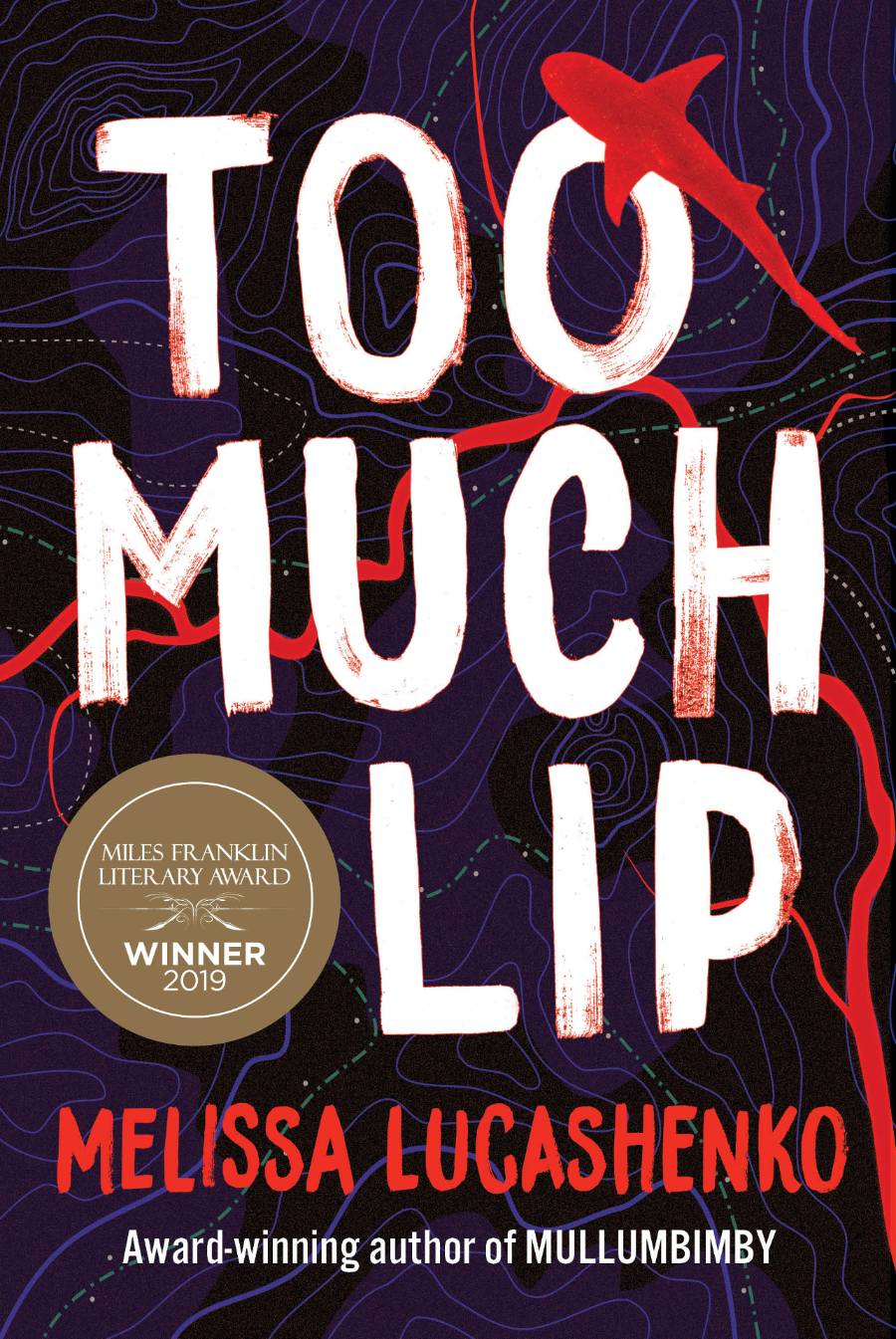
The White Girl – Tony Birch (2019)
The White Girl follows the story of Odette, an Indigenous grandmother who stays under the radar of welfare authorities trying to remove Aboriginal children from their families and explores the enduring human spirit in a time of trauma and chaos. The novel has been described by the Australian Book Review as being “rich in humanity and purpose, and hope. The White Girl is worth your time and will reward you over and over again.”
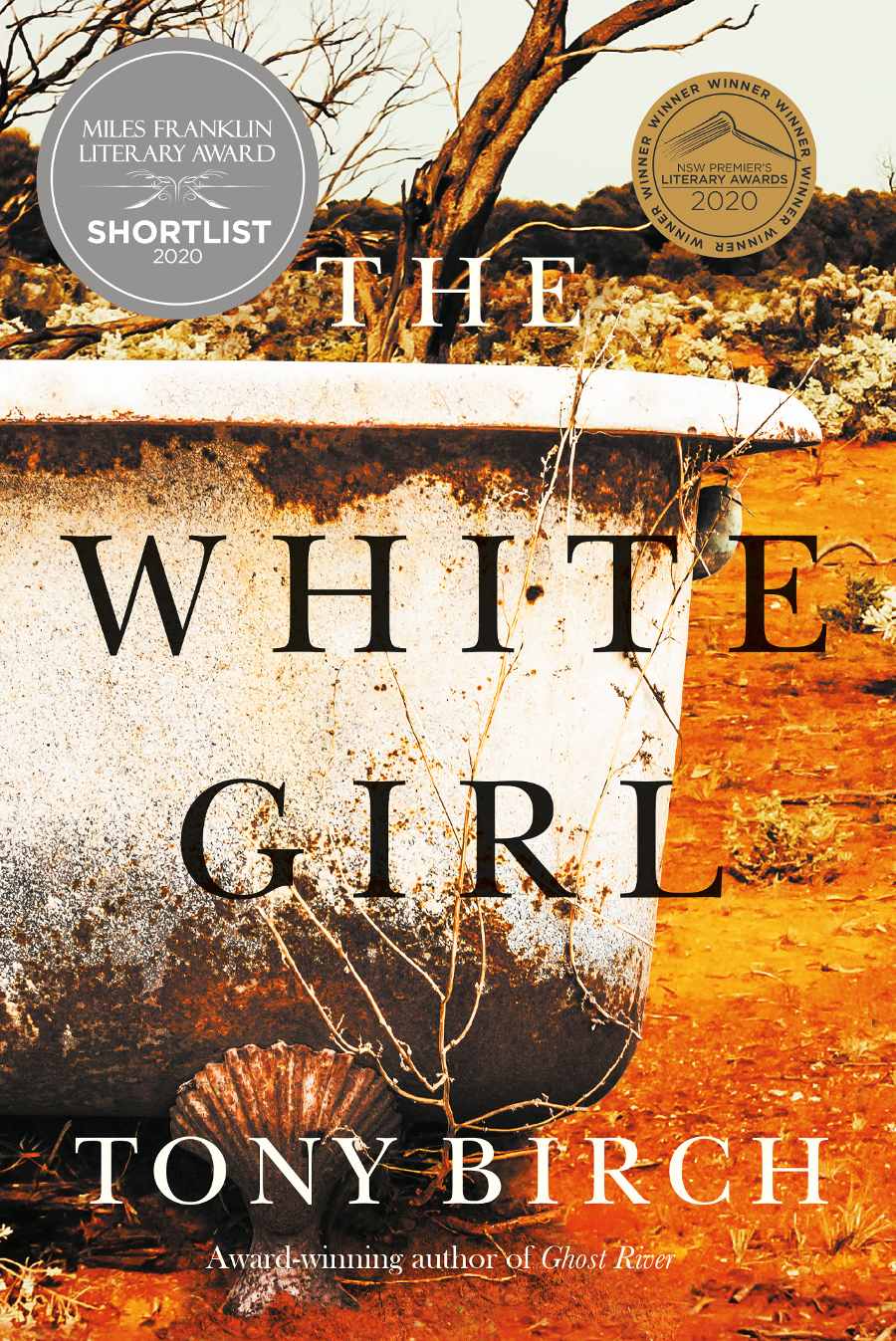
The Yield – Tara June Winch (2020)
Winner of the 2020 Miles Franklin Award, The Yield details the life of August Gondiwindi, as she returns home to Australia for her grandfather’s burial, only to discover that his home is being repossessed by a mining company. A moving exploration of grief, culture, history, and identity, The Yield is a celebration of Indigenous culture, language, storytelling, and its enduring spirit.
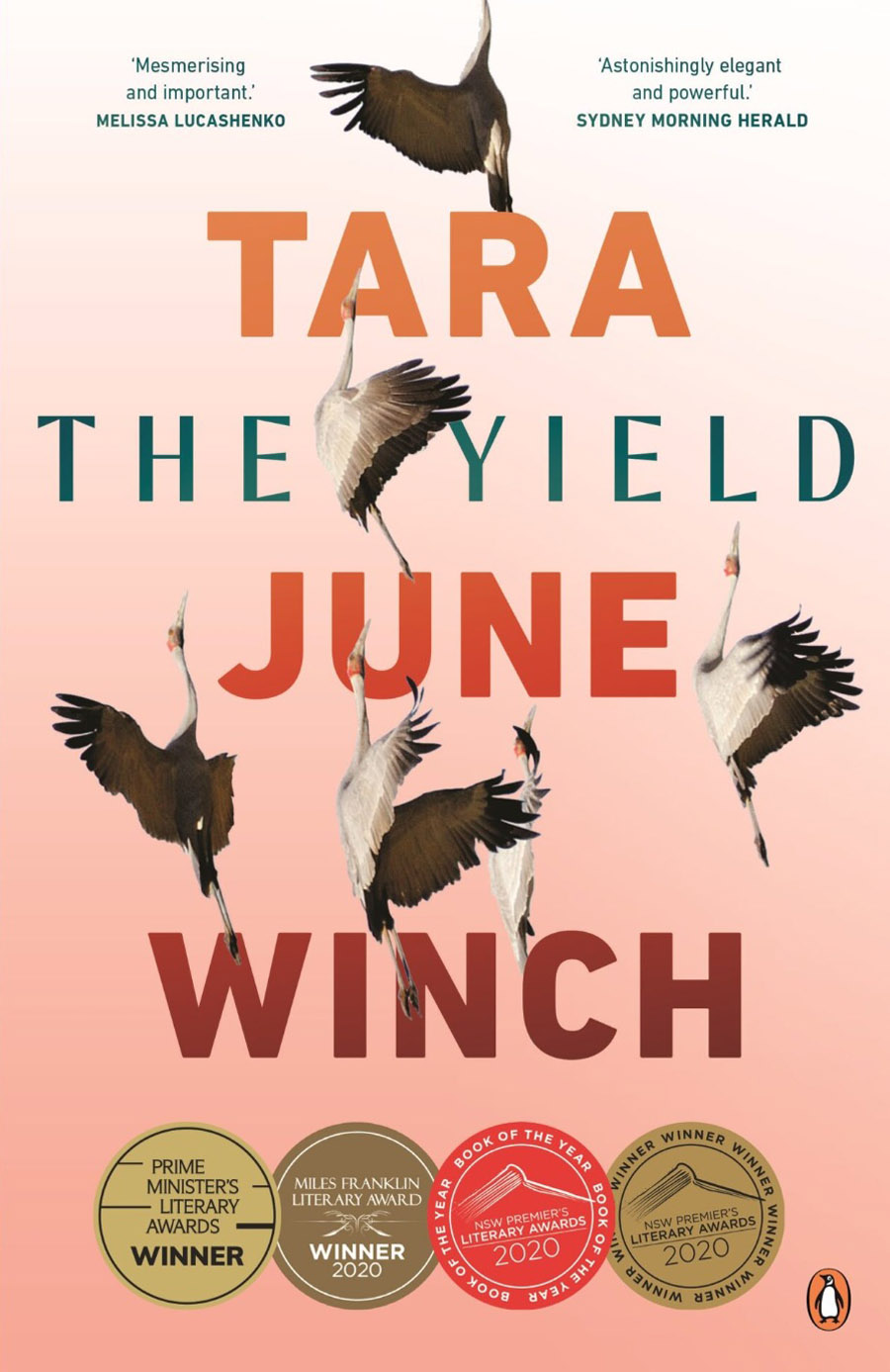
Bila Yarrudhanggalangdhuray – Anita Heiss (2021)
Bila Yarrudhanggalangdhuray follows the story of Wagadhaany, a woman exiled from her home of Gundagai, with the novel exploring her longing to journey along the river of her ancestors, in search of her lost family and Country. As reviewed by writer Kate Forsyth, “The novel flows like the great Murrumbidgee River itself, with powerful undercurrents that sweep the reader along – I feel it’s a book that all Australians should read, to try and understand why our colonial past still causes so much pain and grievance.”
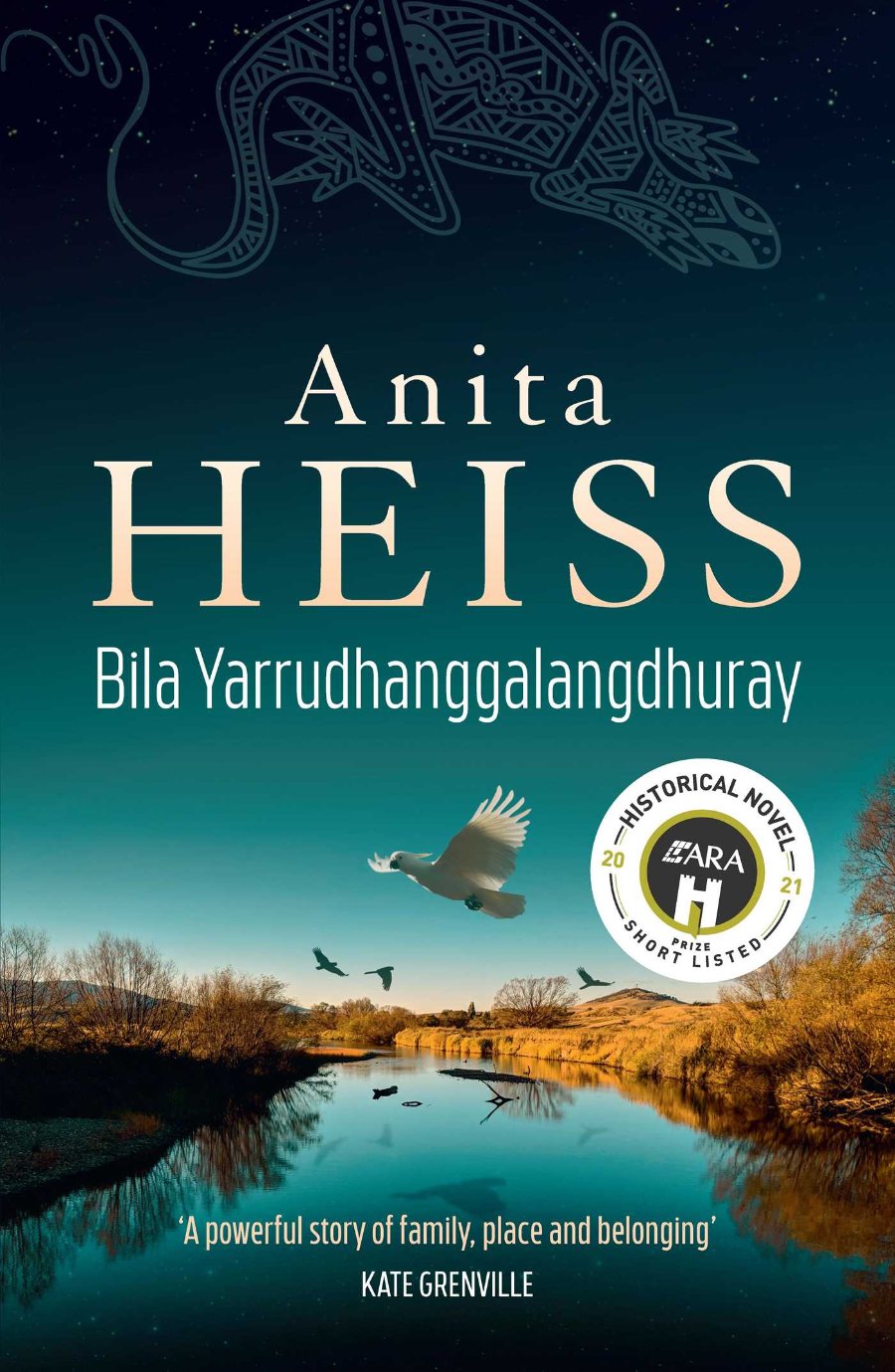
Dark Emu – Bruce Pascoe (2014)
Dark Emu reexamines the colonial myths perpetuated about the Indigenous communities in Australia during the period of invasion and colonisation. As described by the publisher: “provides compelling evidence from the diaries of early explorers that suggests that systems of food production and land management have been blatantly understated in modern retellings of early Aboriginal history, and that a new look at Australia’s past is required.”
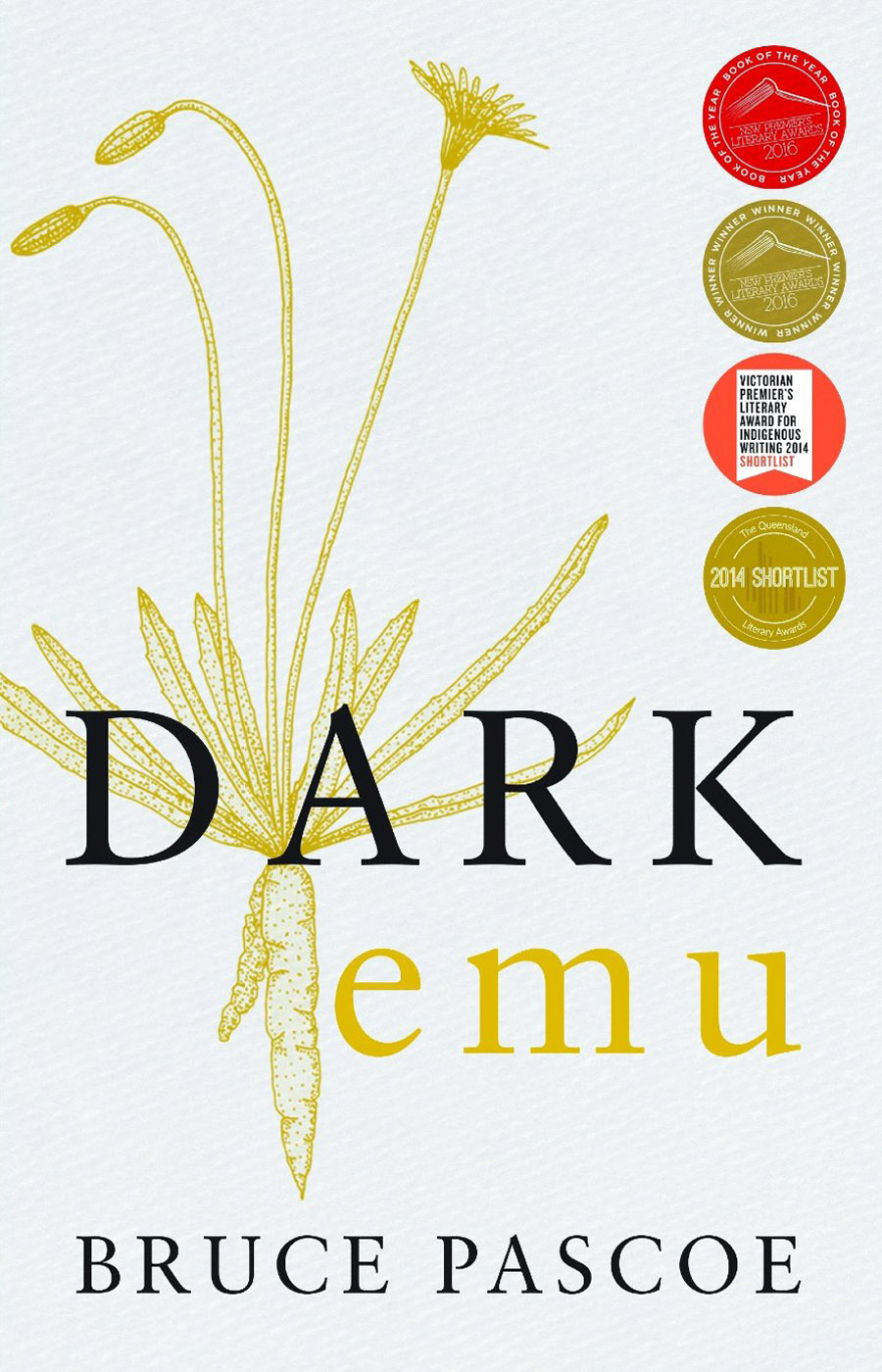
Talking to My Country – Stan Grant (2016)
From what began as an op-ed for The Guardian during the Adam Goodes debate in 2015, Talking to My Country is a profound reclamation of Indigenous history. A deeply moving memoir, “it is a story so essential and salutary to [Australia] that it should be given out free at the ballot box.”
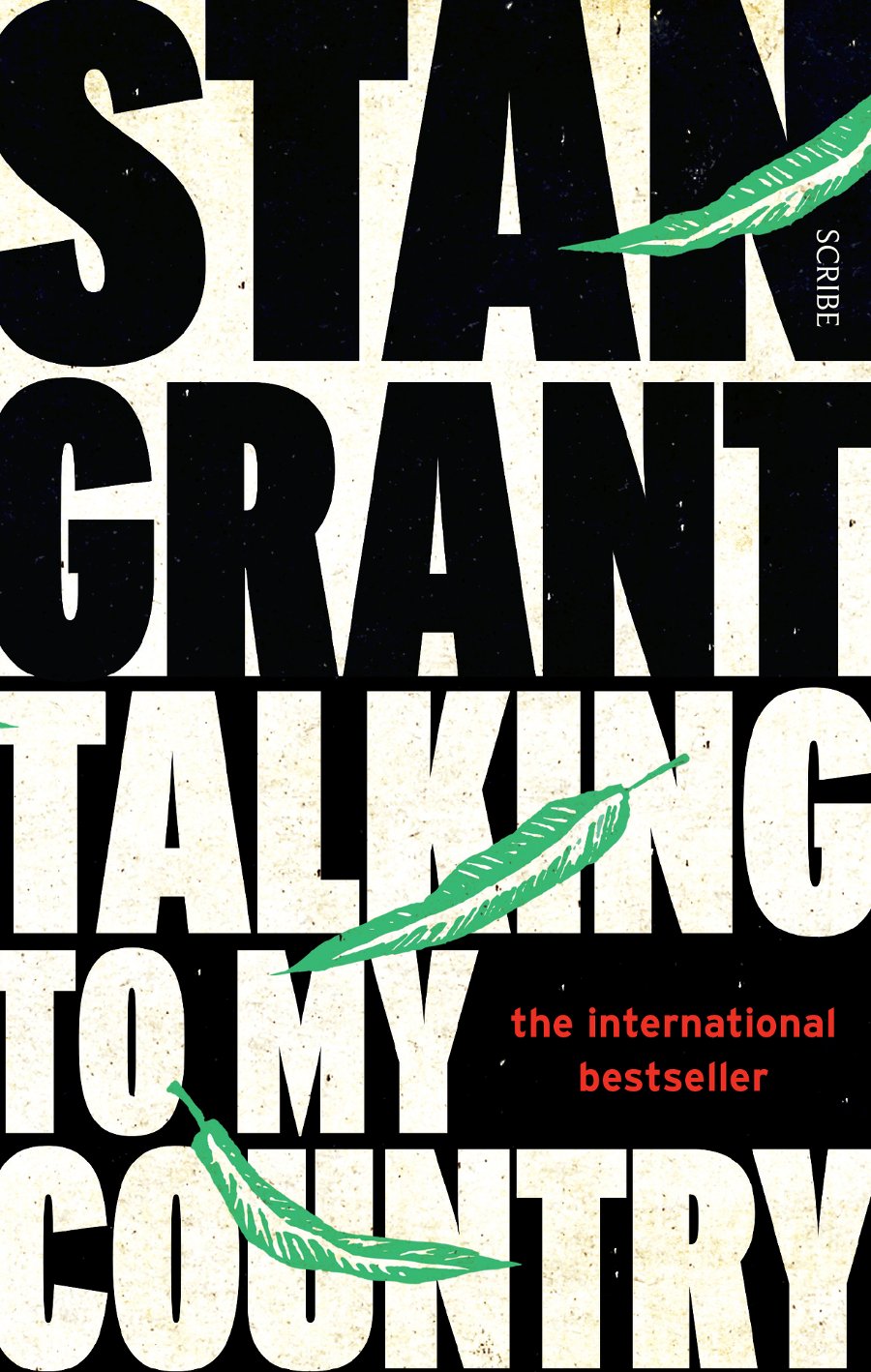
Growing Up Aboriginal In Australia (2018)
Growing Up Aboriginal in Australia is a biographical anthology that examines the diverse childhood experiences of several Indigenous Australian writers, as they explore their own relationships to family, Country, and belonging.
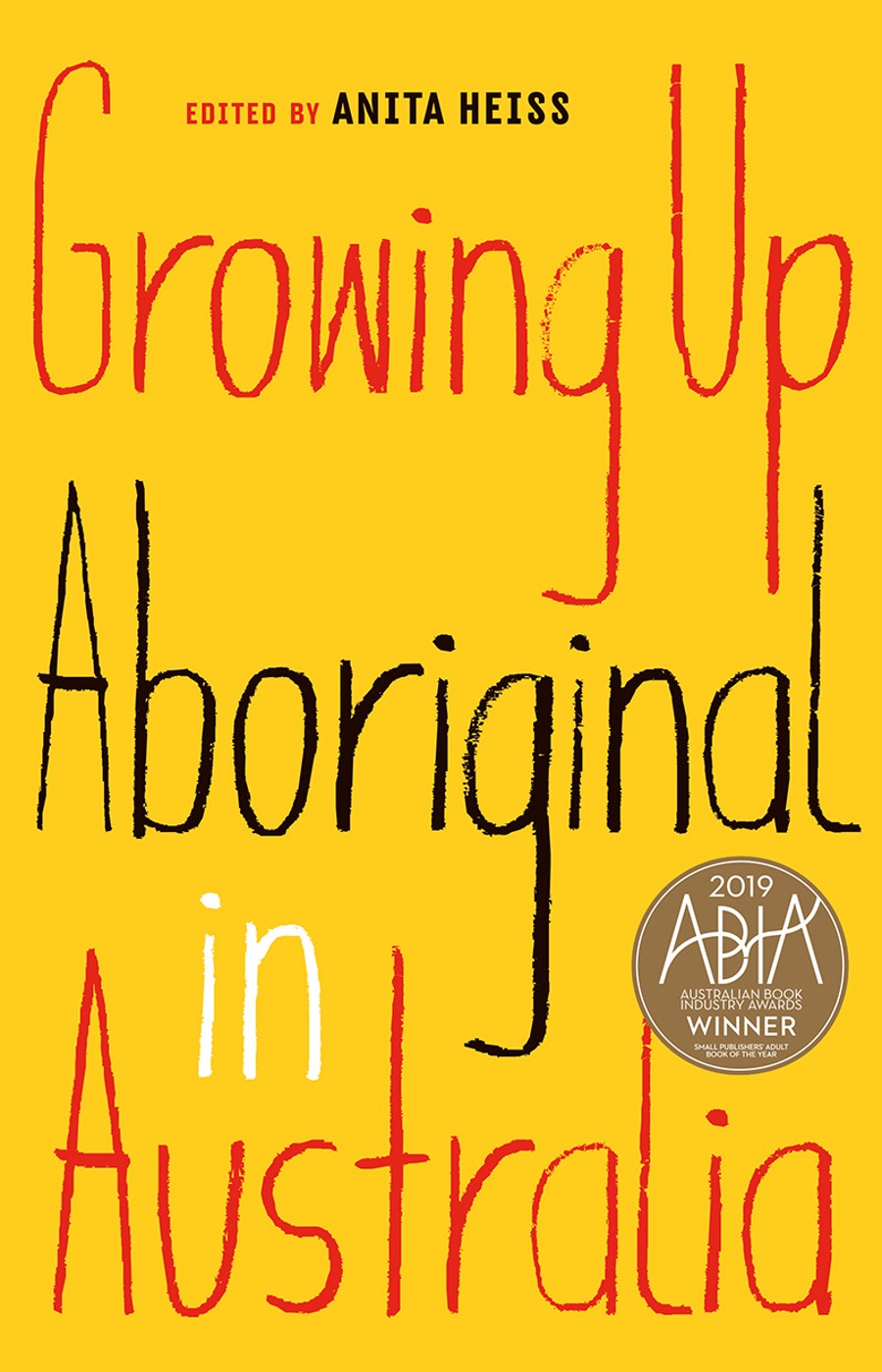
Finding the Heart of the Nation: The Journey of the Uluru Statement Towards Voice, Treaty and Truth – Thomas Mayor (2019)
Finding the Heart of the Nation tells the story of Thomas Mayor’s travels around Australia, reporting on the impact of the historic Uluru Statement on Indigenous communities around the country.
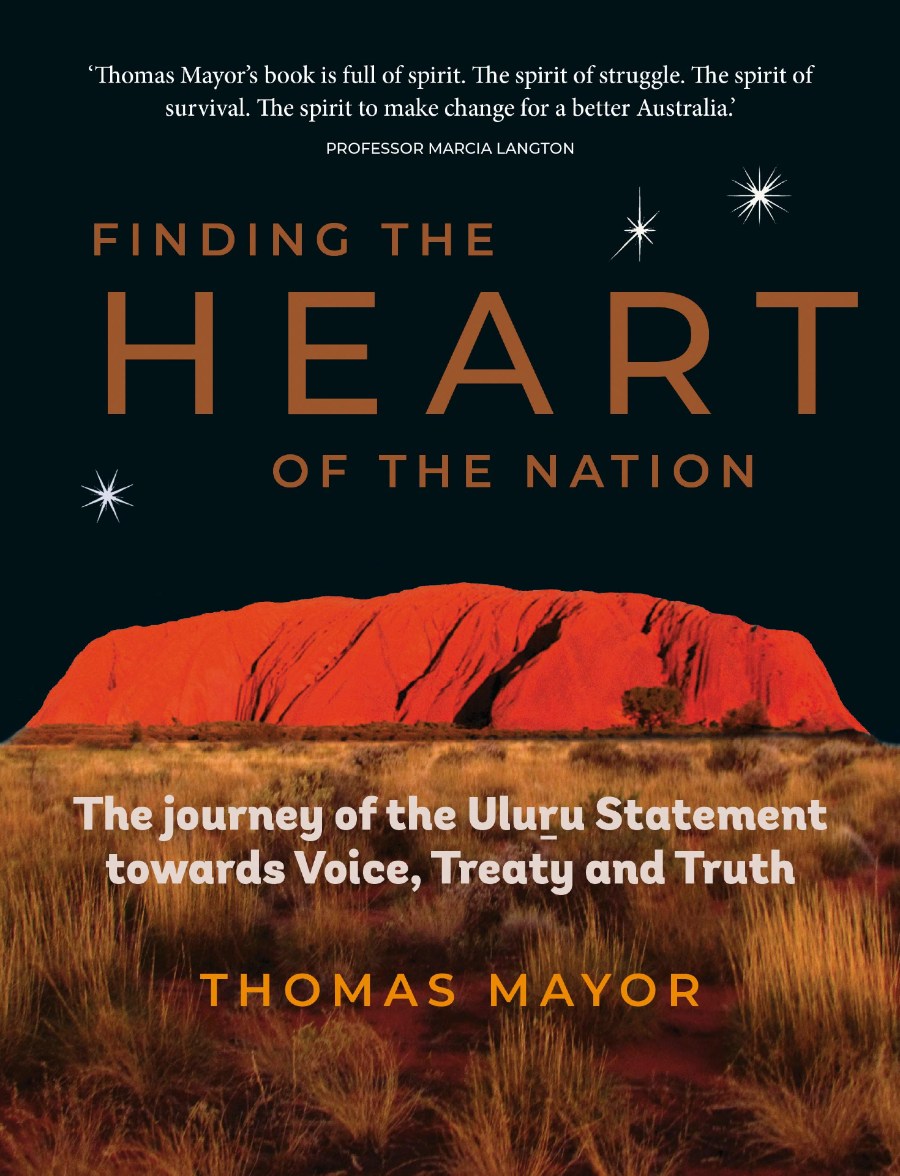
Tell Me Why: The Story of My Life and My Music – Archie Roach (2019)
Tell Me Why is an intimate, moving memoir that details the life of musical extraordinaire, Archie Roach, who has become one of the most visible members of the Stolen Generation. In a review by the Sydney Morning Herald, it has been described as “just like his early songs, Tell Me Why was written with empathy as its impetus and that intent shines through on every page.”

Fire Country: How Indigenous Fire Management could help save Australia – Victor Steffensen (2020)
Written by Indigenous land management expert Victor Steffensen, Fire Country explores how the revival of cultural burning practices, and improved ‘reading’ of Country, could help address some of the biggest modern environmental challenges in the restoration of the Australian landscape.
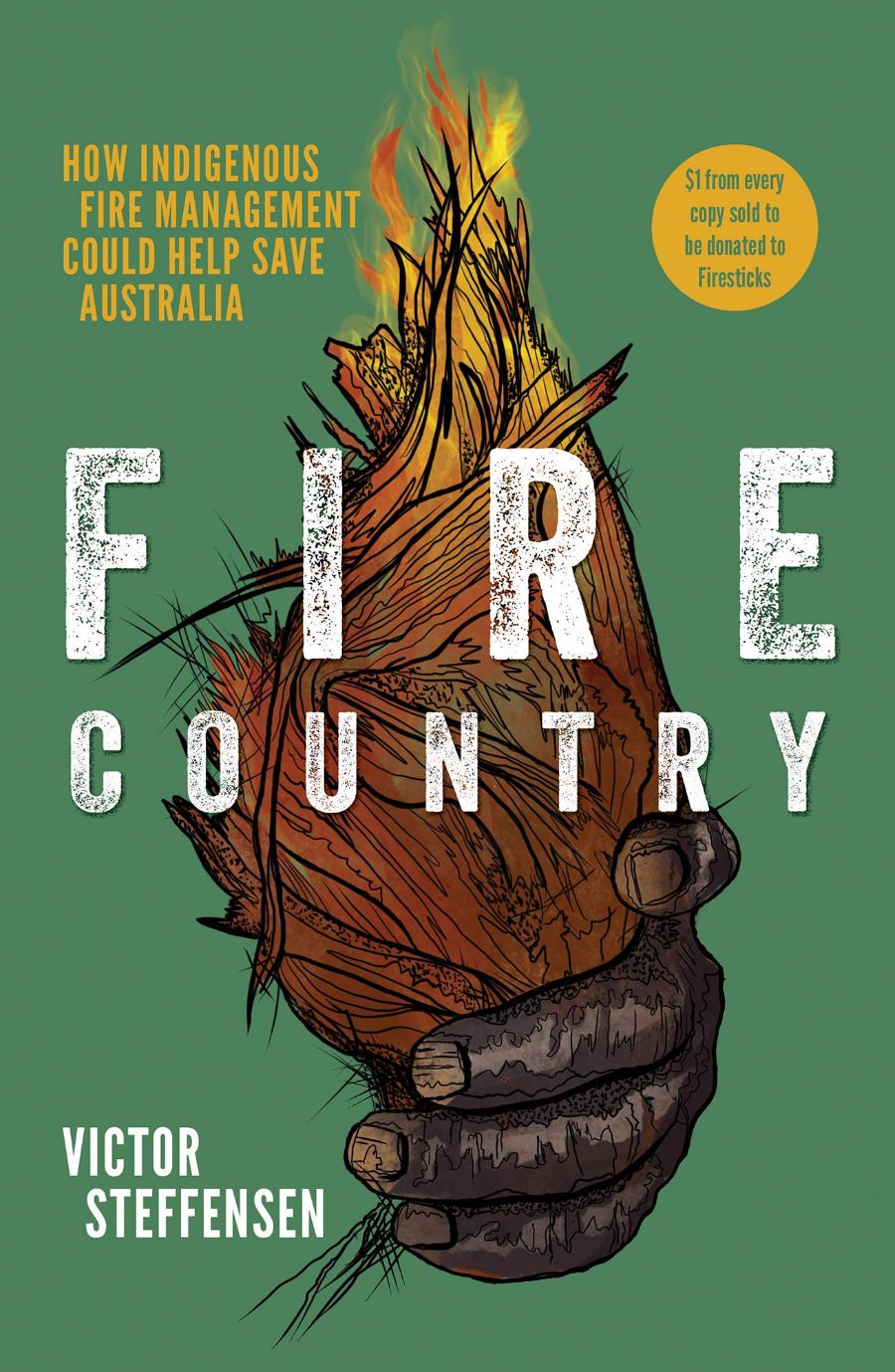
My Tidda, My Sister: Stories from Australia’s First Women – Marlee Silva (2020)
My Tidda, My Sister shares the experiences of strength and resilience from several Indigenous women and girls, brought together by author and host of the Tiddas 4 Tiddas podcast, Marlee Silva.
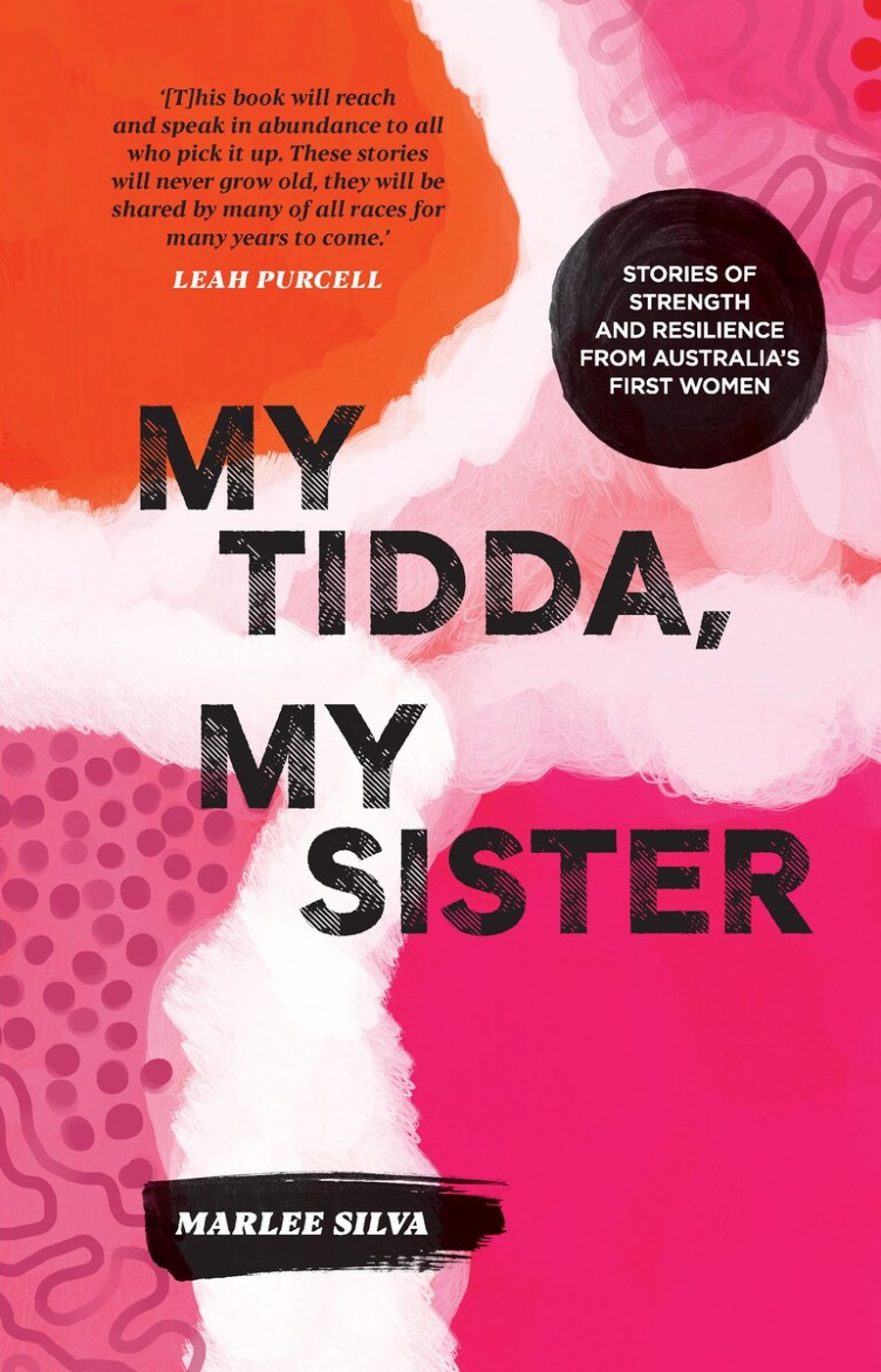
Guwayu — For All Times (2020)
Commissioned by Red Room Poetry, “Guwayu – For All Times features 63 poems from 36 First Nations poets in 12 First Nations languages, including works by Ali Cobby Eckermann, Bruce Pascoe, Lionel Fogarty, Ellen Van Neerven, Evelyn Araluen, Lorna Munro and many more.”
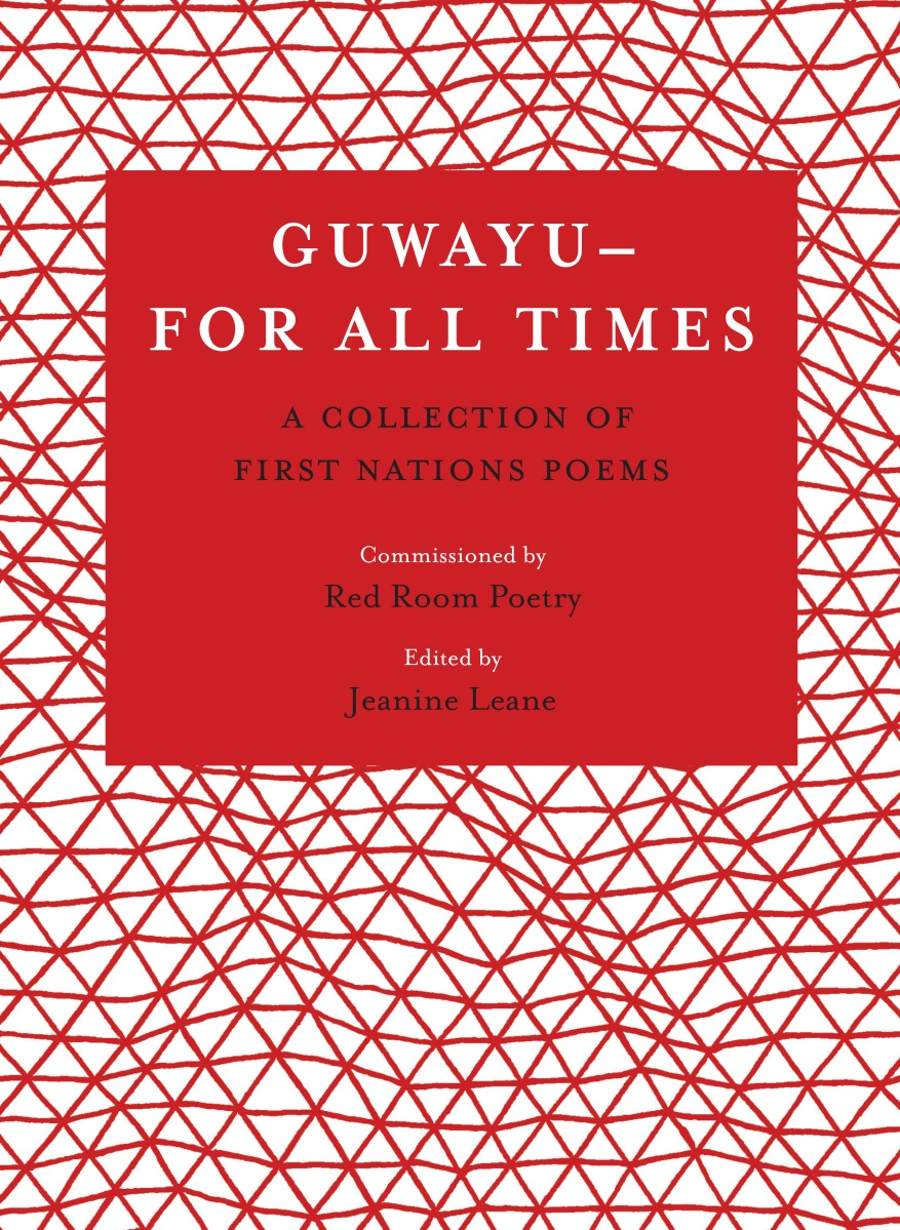
Drop Bear – Evelyn Araluen (2021)
Integrating prose and poetry, Dropbear is an innovative, award-winning collection that explores the complexities of colonial and personal history in an unreconciled nation.
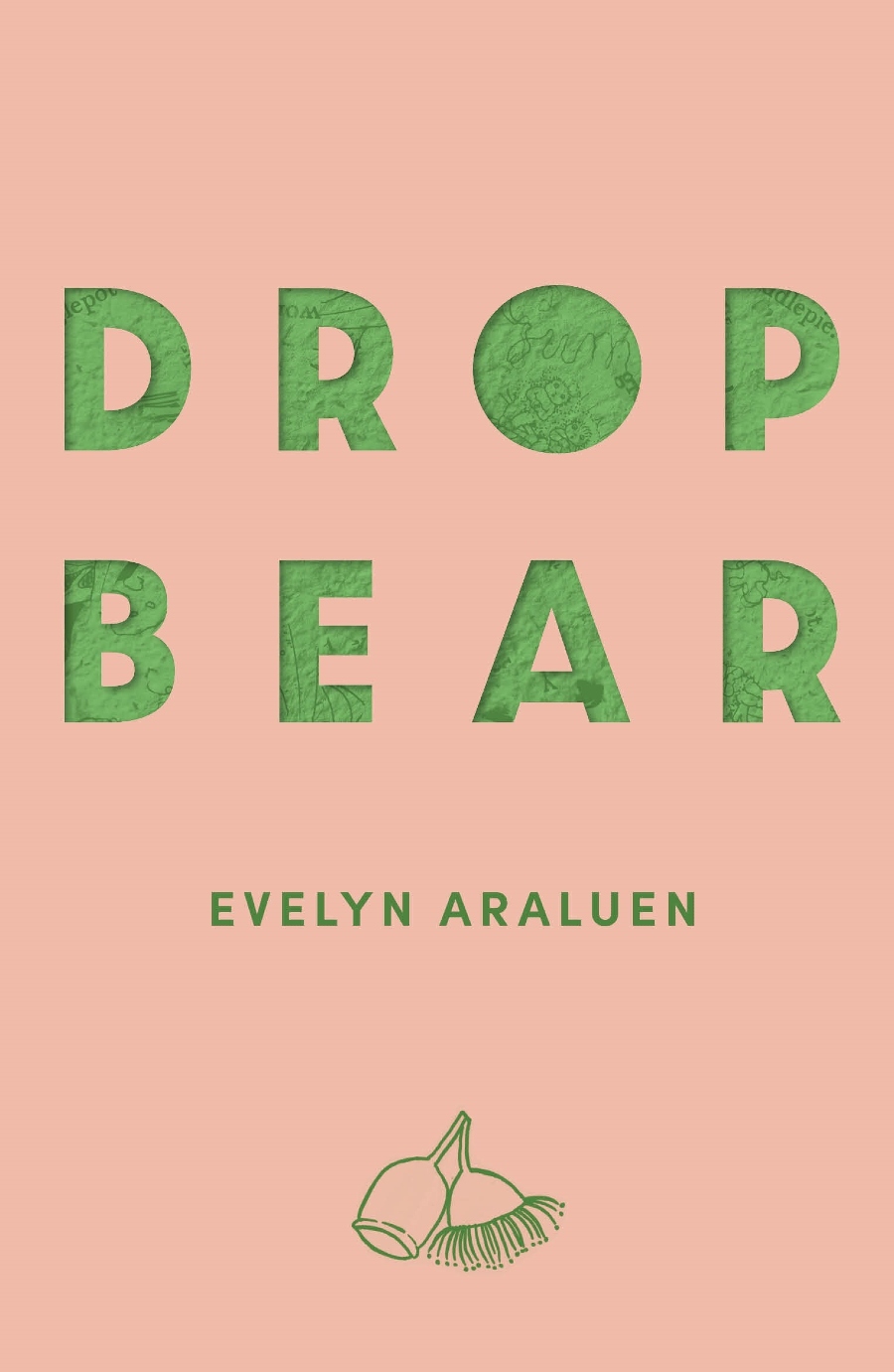
This All Come Back Now – Mykaela Saunders
(2022)
This All Come Back Now, an anthology of first nations speculative fiction is a deeply profound and beautiful collection of shorts. With contributions from twenty-two new, emerging, and established First Nations writers across Australia, the anthology takes us on a diverse and mesmerizing ride, from a ghostly tale in Muyum, A Transgression, by Evelyn Araluen (winner of the 2022 Stella Award for Dropbear) to transfixing us with Water by Ellen van Neerven, a powerful story that considers the treatment of Indigenous people in a dystopian futuristic Australia, the stories dazzle as much as they unsettle.
